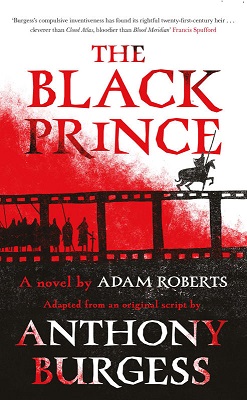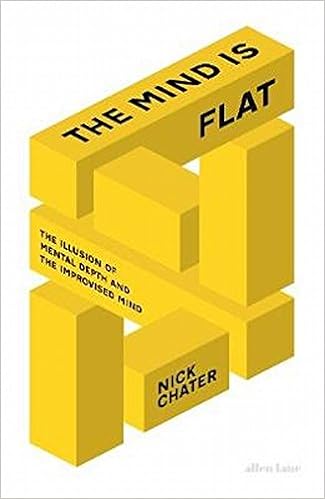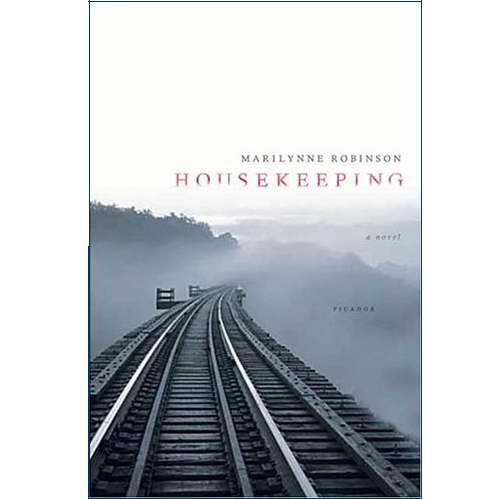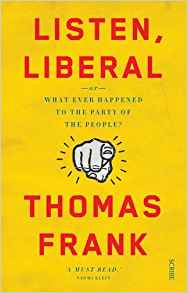The most serious car crash I have ever been in happened nearly thirty years ago. We were driving from out of town towards the Elizabeth Way Bridge in Cambridge, returning from a trip to the sea, and my wife was just stopping for a red light at a pedestrian crossing, when a young man coming in the other direction at about 70MPH lost control of his scooter as he came down the bridge, veering wildly across the road to smash right into the front of our car. The engine compartment was crumpled like a carboard box and the scooter lay in pieces on the road. We were showered with fragments of our own windscreen. There was a stink of smoke and hot oil.
I wasn’t sure what to do, but having established that none of us were hurt beyond a few small scratches, I climbed out of the car. The scooter rider had somersaulted right over the roof of the car and was sprawled on his back on the road behind us. He was unconscious. His skin was grey with shock. The only sign that he was alive was a pop-pop-pop of his breath coming out through his lips. I had no idea what to do for him, and was in no state to think clearly about anything at all. (Later it made me think about soldiers in wars, facing traumatic events, one after another, for hours on end: Tom Hanks in that amazing scene in Saving Private Ryan, standing in the middle of the Normandy landings in a kind of disconnected fog.) Other people took charge of him. An ambulance came. He died in hospital that same night.
People came out of houses and from the cars that had stopped behind us to attend to the injured man. Someone invited my family into their house and made drinks for our frightened kids: my oldest daughter aged three managing her fear by announcing things very loudly and firmly to everyone present. Someone else came out with a fire extinguisher and sprayed it over our crushed engine. The whole thing -our adrenalin-flooded bloodstreams, the nearness of death, us being the centre of attention, the sudden emergence of a kind of temporary community from behind the closed doors of houses and cars- had an eerie, unreal feeling.
The next few days were strange. A police officer came round and so did the parents of the dead man who the police had put in touch with us. He’d been their only child, and had just left their house after a meal when he had the crash. (He’d been through a difficult time, they told us, but they’d been hoping that he’d begun to turn a corner in his life. They had barely begun to process what had happened.) And we experienced something that I wouldn’t have anticipated or thought possible: every few minutes for the next couple of days, the crash replayed itself in my head. I almost literally heard and felt the moment of impact, over and over again. My whole head ached with it.
Going back to the immediate aftermath of the crash itself, one thing I remember, because I made a particular point of remembering it, is me telling my future self, ‘Looking back on this, with all the strangeness, all the heightened physical arousal, all the drama, it may seem to have a kind of glamour, like the glamour that people imagine that war has. But I’m telling you now, it is not glamorous, not in any way.’
* * *
I’ve just read Ballard’s Crash, which of course is all about the glamour of car crashes. Although I’ve read a lot of his work (I’ve written about some of it here, here and here), I’ve avoided this book up to now, unable to face its perversity. But I’ve finally read it, 44 years after it came out.
By all the rules Crash ought to be completely unreadable not only because of its subject matter -the whole book is about a sexual obsession with car crashes- but also because, in common with other books of Ballard’s, it lacks the progression, the unfolding, that you expect in a novel. The third paragraph is already talking about ‘windshield glass frosting around her face like a death-born Aphrodite… her uterus pierced by the heraldic beak of the manufacturer’s medallion, his semen emptying across the luminscent dials that registered for ever the last temperature and fuel levels of the engine’. The narrator (a character teasingly named Ballard) is hooked on this stuff pretty much from the off, and the rest of the book is filled with scenes and language of this kind, which get neither more nor less extreme. In place of progression, the book remorsely repeats, over and over, the same basic ideas. Again and again we are presented with mixtures of some combination of blood, semen and mucus with engine oil or coolant. Again and again the image recurs of parts of the dashboard imprinted on the human body. Again and again the characters obsess about matching the angles of the human body (intact or mangled) and the angles of sex, with the angles of a car in its smashed or pre-smashed form.
And yet it is readable. It is actually a lot more readable than many more conventional novels I’ve read or attempted to read recently, and I’m trying to work out why.
For one thng, as I’ve noticed before, Ballard’s books work like paintings. Words have necessarily to be read one at a time, but the time element is much less important in Ballard than is conventionally the case with novels. What emerges is not so much a story as a picture, very detailed and intricate, which all that repetition, like repeated brush strokes, serves to consolidate in the mind.
Ballard’s writing is also emotionally very cool. Characters are never appalled, or terrified, or horrified, or grief-stricken. At most they are ‘uneasy’ or ‘unsettled’. And they are viewed with a cool eye too. There’s no authorial judgement on them. These people are driven by a bizarre sexual obsession but the way it is presented doesn’t really invite a sexual response or even a response of disgust or revulsion, in spite of the extremely graphic details involving ‘faecal matter’, ‘anal mucus’, ‘vaginal fluid’ etc etc You could say the presentation is clinical, but it also makes me think of the psychological phenomenon called dissociation, an emotional detachment from reality. In psychology, dissociation is typically a defensive response to a reality too terrible to process (again, I think of Hanks’s character standing dazed on that beach in Normandy), and in a book like this it serves the same kind of function for the reader, making it possible to continue through material which otherwise might drive one to fling the book away. Only later, as I gradually processed what I’d read, did I see that I’ve been presented with a vision of modern consumer society as pornography, as artifical images that are simultaneously hyper-seductive and completely dehumanised.
The other thing that keeps you reading is simply the intensity of the vision:
We had entered an immense traffic jam. From the junction of the motorway and Western Avenue to the ascent ramp of the flyover the traffic lanes were packed with vehicles, windshields leaching out the molten colours of the sun setting above the western suburbs of London. Brake-lights flared in the evening air, glowing in the huge pool of cellulosed bodies. Vaughan sat with one arm out of the passenger window. He slapped the door impatiently, pounding the panel with his fist. To our right the high wall of a double-decker airline coach formed a cliff of faces. The passengers at the windows resembled rows of the dead looking down at us from the galleries of a columbarium. The enormous energy of the twentieth century, enough to drive the planet into a new orbit around a happier star, was being expended to maintain this immense motionless pause.
* * *
It was planes rather than cars that did it for me as a child, and specifically war planes. It was that same glamour, that same intoxicating mixture of speed and modernity and death.
I remember when I pretty small, maybe 6 or 7, I developed for a while a fear that a plane would crash into our house. I never told anyone about it, but it haunted me continuously, day after day. But even then I didn’t stop playing with planes. I can even remember noticing the contradiction once while playing on my own, noticing that I was living in fear of planes, even while I fantasised about being a fighter pilot. I had compartmentalised my mind so effectively that planes could simultaneously be objects of desire and objects of dread.
This makes me think of Ballard’s childhood experiences in Shanghai, described in fictionalised form in Empire of the Sun. Surrounded by horrors, completely in the power of enemies, he learns to admire and be excited by the things that most threaten him. I guess this was where he learnt to separate emotions from phenomena in that way, so fundamental to his writing voice, that allows him to explore territory where almost no one else would go.

 If I were to describe this book as superficial (which I would) the author should perhaps be pleased, for he sets out specifically to show that the mind contains no hidden depths.
If I were to describe this book as superficial (which I would) the author should perhaps be pleased, for he sets out specifically to show that the mind contains no hidden depths.
